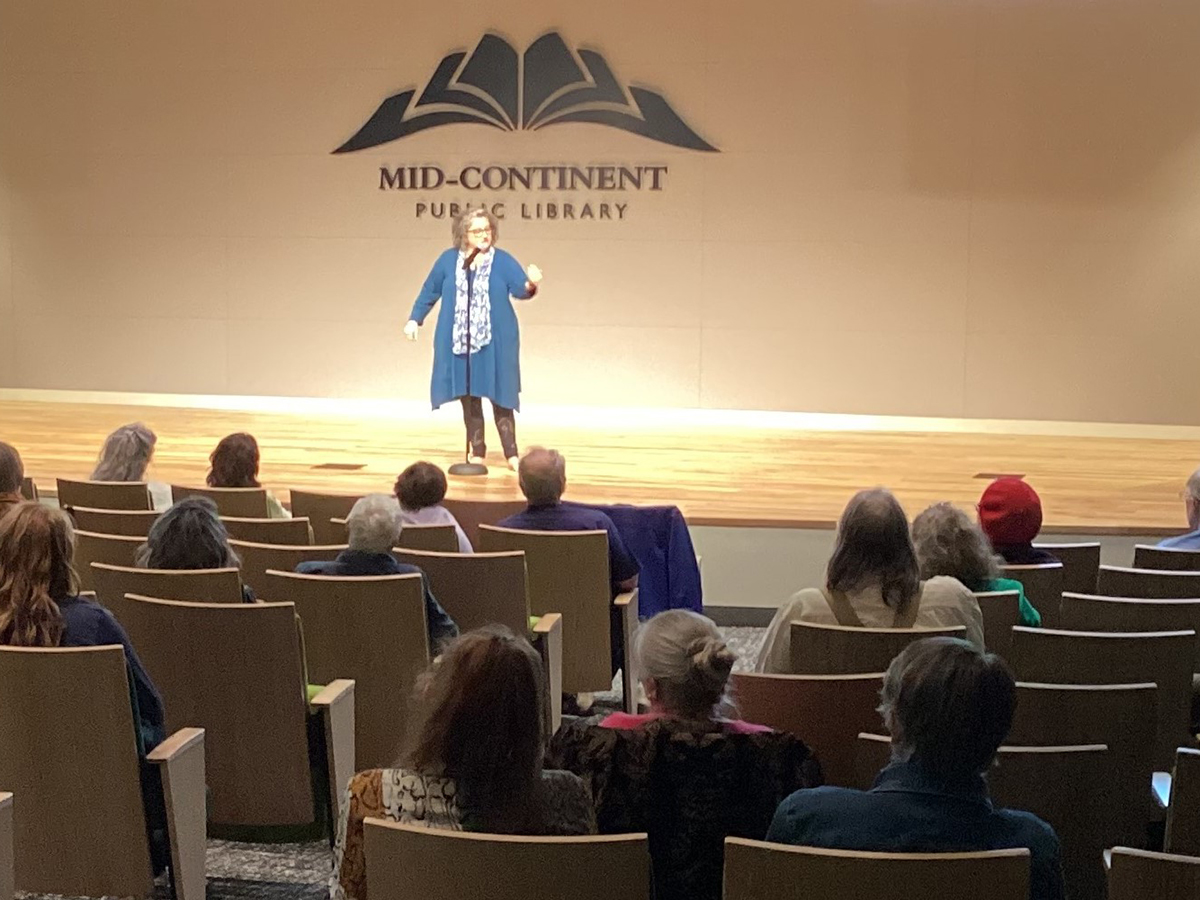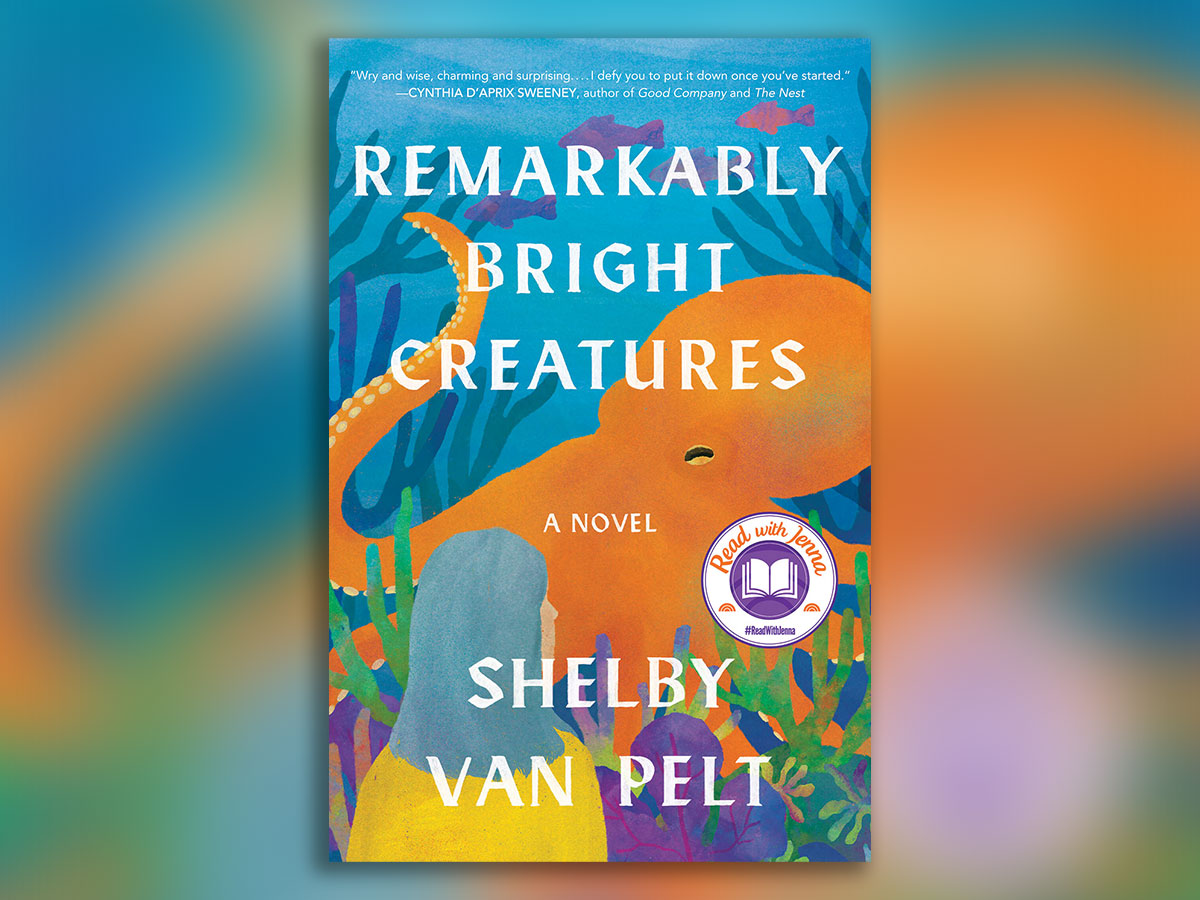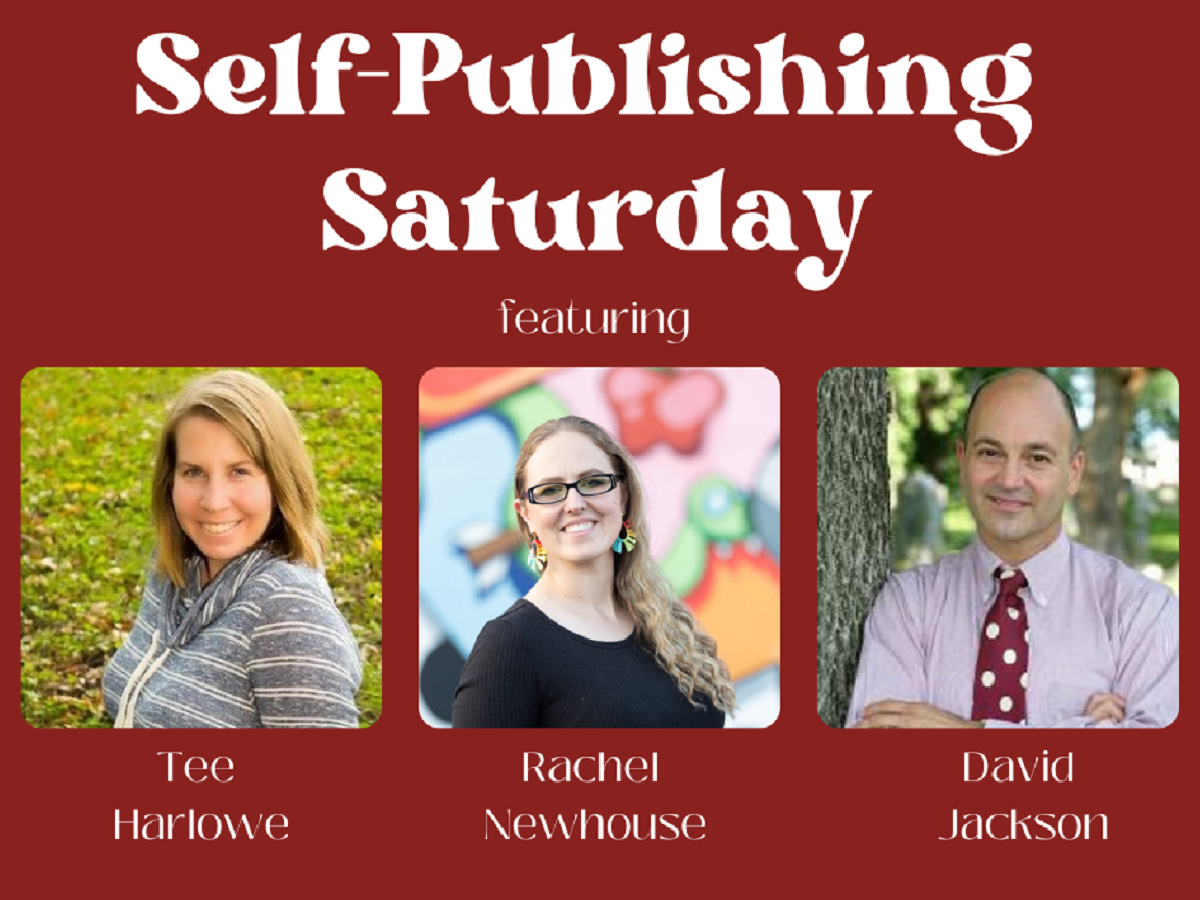
July 8, 2021
From Monday, July 26, through Wednesday, July 28, Parker Peevyhouse, young adult author of Strange Exit and The Echo Room, will be teaching a daily Story Camp from 1:30 to 3:00 p.m. (CST) for teens interested in learning how to write a novel. In advance of the three-part series, I sat down with Parker to talk to her about novel writing, what inspires her, and how teens can learn about writing.
Shannon: When you were a teen, what did writing mean to you?
Parker: I always knew I wanted to be a writer, but when I read A Sound Of Thunder by Ray Bradbury when I was 13, I knew what kind of stories I wanted to write: the kind that would blow someone's mind. I got to work writing some really strange stories, and I even entered a short story contest judged by R. L. Stine, the author of the Goosebumps series. Imagine my shock when I found out that I had won the contest and my story would be printed in a national magazine! I kept writing until I got my first book deal just after college, and I'm still writing weird, mind-blowing stories.
Shannon: What are three resources that teens should know about if they are pursuing writing?
Parker: Here are my top three resources for teen writers:
- Teen Ink – Check out this magazine/website for writing resources and submit your work for publication. All of the fiction and poetry published by Teen Ink is written by teens!
- Absolute Write message boards – Get your writing and publishing questions answered here, and find information about agents and publishers.
- The Elements of Style by Strunk and White – This book will shape your writing at a sentence level. No more clunky sentences—just professional prose that will let your story shine through.
Shannon: If you could only give one piece of writing advice to a teen writer, what would it be?
Parker: My best writing advice for teens is to hunt for the type of story that you were meant to write. That means reading widely, reading a lot, and thinking deeply about what you read. What kinds of stories stay with you long after you finish reading? What is it about those stories that means so much to you? How will your own writing reflect the excitement you feel for those particular kinds of stories? Writing is only worth doing when we write what we absolutely must write, when we fulfill our drive for our own specific kind of creativity.
Learn more about Parker Peevyhouse and register for The Story Center’s Story Camp today!
Shannon T.
Story Center Program Manager
Read Similar Blogs:
Writing
Storytelling






